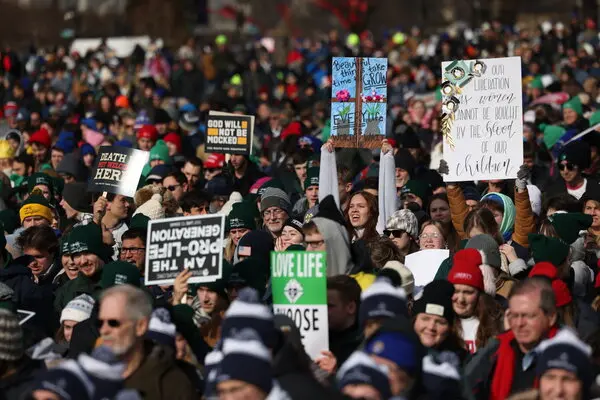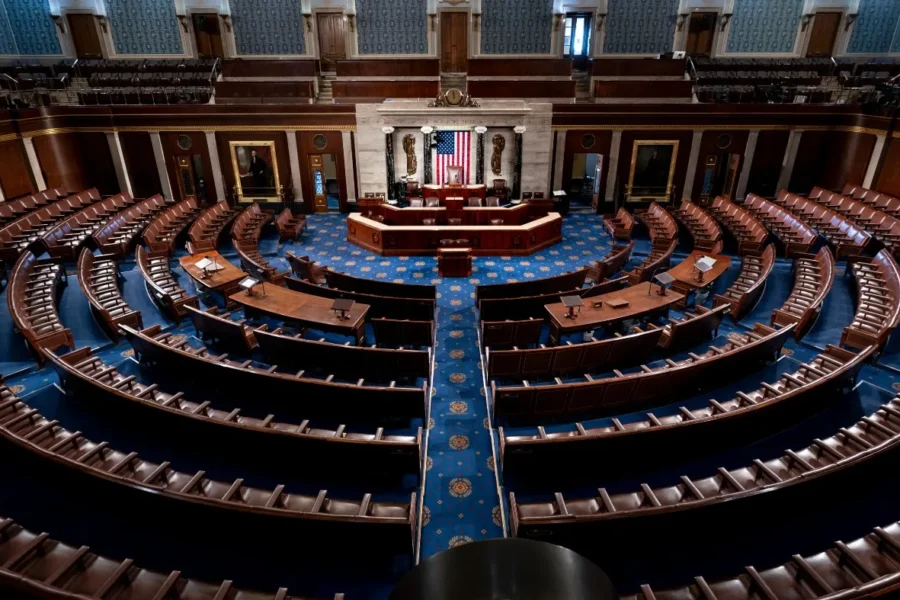This question isn’t exactly the “elephant in the room,” since no one’s ignoring it, but it does have that kind of heft in the Kavanaugh debate. Everyone seems to be asking it and offering a variety of answers, ranging from the pedestrian to the hysterical. Perhaps the most extreme example, outside of Planned Parenthood’s media statements, is today’s headline in the Washington Examiner, which declared, “Brett Kavanaugh poised to take first step in overturning Roe vs. Wade.” You can almost hear the newsies shouting that headline to hawk papers on K Street. The charge has been leveled at every Republican nominee in modern times, including those who have later voted to affirm Roe and abortion rights – David Souter, Sandra Day O’Connor and Anthony Kennedy, to name three, who made up the famous “plurality” of Justices who voted to uphold Roe in 1992 in Planned Parenthood v. Casey. And while the question of Roe’s continued validity will undoubtedly be asked in Judge Kavanaugh’s confirmation hearing, as it has many times since it was used to help torpedo the nomination of Judge Robert Bork back in 1987, it is unlikely to be answered by Kavanaugh, since judicial nominees since Bork have assiduously refrained from commenting on cases that may come before the High Court. What’s left for opposing political forces is a form of proxy war, in which a nominee’s judicial philosophy is read for euphemisms that auger one way or another how they would vote on the Roe question.
This single-issue focus misses the point, though. No one can predict how a particular judge or Justice will vote on a specific case, especially one who, like Judge Kavanaugh, is not a results-driven judicial activist. The notion that the best way to ensure that Roe will be overturned is to get a “true conservative” on the Court is just conservative judicial activism dressed up in respectable clothes. Judge Kavanaugh’s nomination is favored by the pro-life movement not because we believe he’s a sure bet to overturn Roe – that would be results-driven judicial activism – but because his judicial philosophy is in stark contrast to the result-driven judicial activism that gave us Roe. Even many liberals, including Justice Ruth Bader Ginsburg, have criticizedRoe’s reasoning as sloppy and outcome-driven. If Justice Byron White was correct in declaring in his dissent in Roe that the majority’s opinion finding a “fundamental right to abortion” was “an exercise in raw judicial power” – and we believe he was – the path to correcting this abuse lies in laying down the proper, historical lines of constitutional analysis based on firm facts and powerful jurisprudential arguments.
For pro-abortion forces, language affirming “constitutional textualism” or urging an “originalism” approach to constitutional interpretation sends off warning signals that a nominee would be skeptical of Supreme Court precedent that isn’t grounded in the language of the Constitution as its Framers intended. This is precisely the approach that Judge Kavanaugh has hewed to for his entire twelve-year career on the federal bench; his highest loyalty is to the meaning of the Constitution as it was originally written, not his own personal views of what it should mean. That point of view makes Judge Kavanaugh the avowed enemy of judicial activism – and perhaps the best friend the Constitution ever had.




